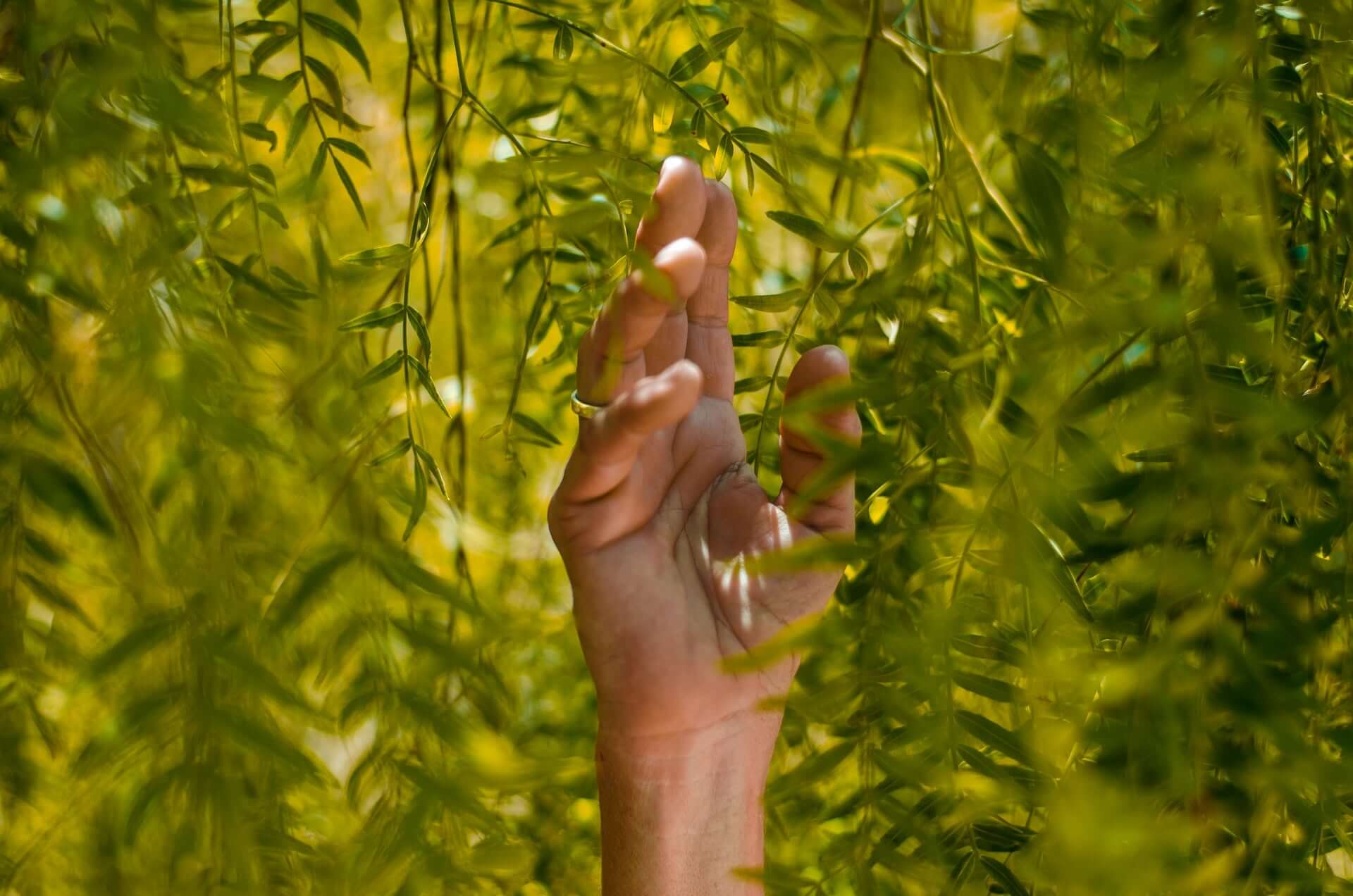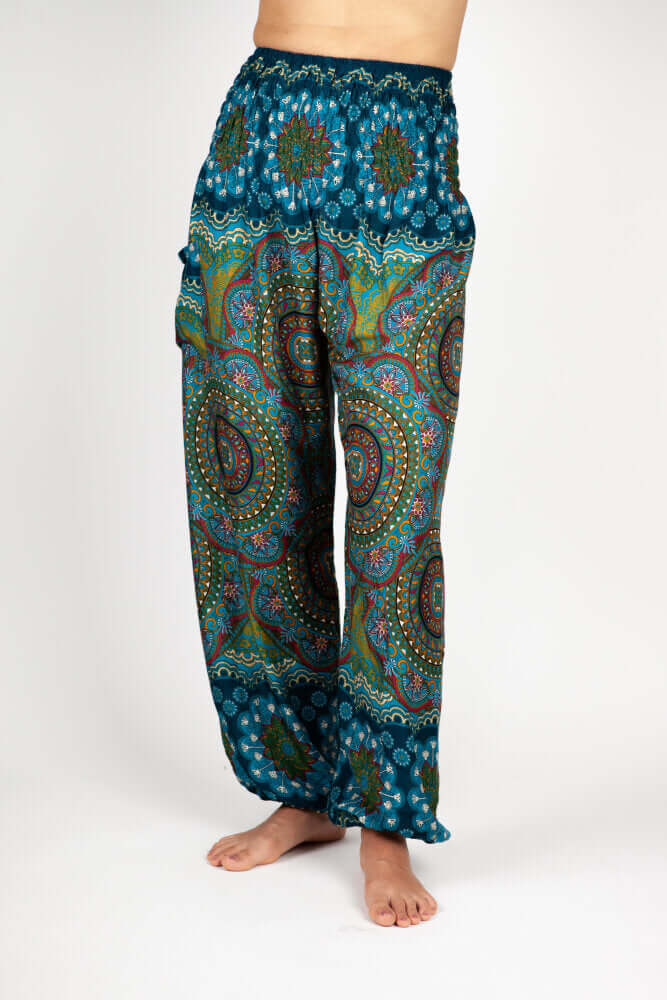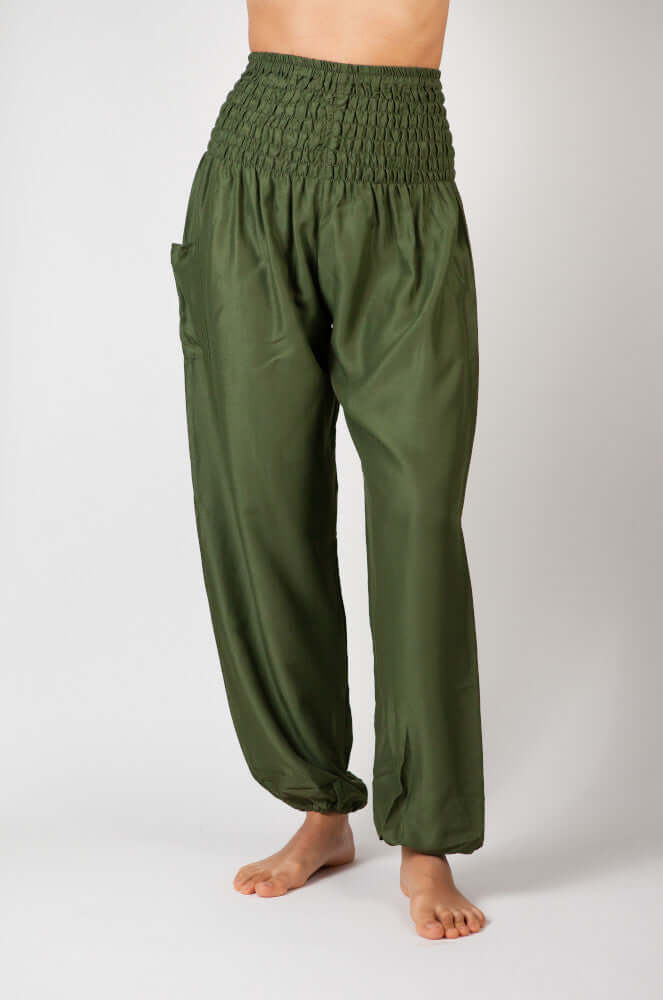
Inhaltsverzeichnis
#sustainability - is sustainability just a trend of social media?
Living a sustainable (or more sustainable) life is becoming increasingly important for many people. At least, that's how it seems. Images and posts with the hashtags #sustainability #sustainableliving and #zerowaste can be found millions of times on social media. Articles on these topics are piling up, and demand for environmentally friendly products is rising. But is sustainability really just a trend? Or is there really more to it for the users of these hashtags?
How trendy is sustainability?
The topic of sustainability is everywhere: on Instagram, Pinterest, Facebook, and YouTube, on TV, and online. Thousands of articles and blog posts are written on the topic, and new content seems to emerge every day. Everyone is suddenly living sustainably, zero waste seems to be the "only way," and anyone who hasn't tried a meat substitute even once in 2020 is completely out of touch—at least, that's the impression you get when scrolling through the internet.
So how is it that sustainability is suddenly so trendy? Or perhaps we should better ask: Is it true that sustainability is a trending topic?
If you look at the Google Trend results for search terms like "sustainability," "sustainable living," and "sustainability" for Germany, the USA, and worldwide between 2004 and the present, it quickly becomes clear: sustainability isn't such a new trend. The charts reveal that search interest in the aforementioned terms has been almost as high in recent years as it is today. However, there are significant fluctuations throughout the entire period (2004-present). In fact, since mid-2018, there has been an increase in the popularity of these search terms, both regionally and internationally.
In summary, yes, interest in sustainability has increased, but not as suddenly and dramatically as one might have expected.
If we include other search terms related to the environment and climate, we see a significant increase in search interest over the past two years. Without jumping to conclusions, one might assume that the renewed interest in climate in recent years has also led to increased research on sustainability.
Well, this apparent connection is hardly surprising. Forest fires, tsunamis, increasingly hot summers, Fridays For Future, debates about single-use plastic, greenhouse gases, climate agreements, paper bags, the ban on plastic straws, Netflix documentaries, Beyond Meat Burger, Veganuary, Greta Thunberg, and conspiracy theories – these are just a few examples of events, news stories, trends, and memes that have circulated around the world in recent years. All of these examples are related to the topics of the environment, climate, and sustainability.
If sustainability is just a trend, it can't really be that important, can it?
We all know the saying: "Trends come and go." In a world that seems to be moving ever faster, something is "in" one day and "out" the next week. On TikTok, there's a new challenge, a new dance, or a new meme every day. Content is racing across the internet... So why should we spend so much time engaging with things that no one will be talking about in a short time? With topics that no one will remember in a year?
This may be true for certain terms and topics. The problem is that this attitude doesn't translate to climate and sustainability.Because we now have to face up to some things. The consequences of the lifestyle and throwaway society of recent decades are now becoming apparent. Parts of our future and that of our descendants depend on how we behave today and what we change today. Therefore, sustainability—even if it currently seems like a trend—is anything but unimportant.
What's good about social media trends?
The beauty of trends that spread through social media is that they reach a large number of people in a short period of time. Platforms like Instagram, YouTube, and TikTok also reach people who might otherwise never engage with the topic in question. This creates the impression that the younger generation, "Gen Z," in particular, is highly informed and more politically engaged than previous generations. Of course, as in the general population, the intensity and depth with which people engage with these issues varies. It's also clear that fake news is also being spread.
Nevertheless, the growing awareness of sustainability, environmental protection, and climate change is undeniable. And not just among the youngest generation, but across the board. Of course, as with all issues, there are advocates of the opposing side and those who downplay the importance and relevance of these topics. Nevertheless, all age groups appear to be more alert and attentive to the need for environmental protection or a more sustainable lifestyle.
Now, let's see how individuals actually perceive these topics. There are certainly people who proclaim a #zerowastelifestyle online but don't actually implement the content and principles in "real life." They advertise bamboo toothbrushes, reusable makeup pads, and sustainable fashion, but don't actually use any of these products in their everyday lives. Some people just want to get on board and benefit from these "trends"...
Every click counts
I think it's understandable to find this stupid and get upset about such people (or the misinformation they spread). Nevertheless, in the end, these people contribute to the popularity of the topics in question. And that's a good thing, isn't it?
Because the more often posts are posted, shared, liked, and commented on, the more people they reach. The more people are made aware of sustainability and environmental protection, the more often the content sticks, and the more people become potential advocates of a sustainable lifestyle.
So some would call sustainability a trend, others a generational issue, and still others a general lifestyle shift. But whatever it is, the attention this topic is receiving can be viewed as positive. And that's the main thing, right? :)
If you want to know more about sustainability, mindfulness, family & pregnancy or healthy nutrition, take a look here over.

Photo by Taylor Simpson on Unsplash



























Leave a comment
This site is protected by hCaptcha and the hCaptcha Privacy Policy and Terms of Service apply.